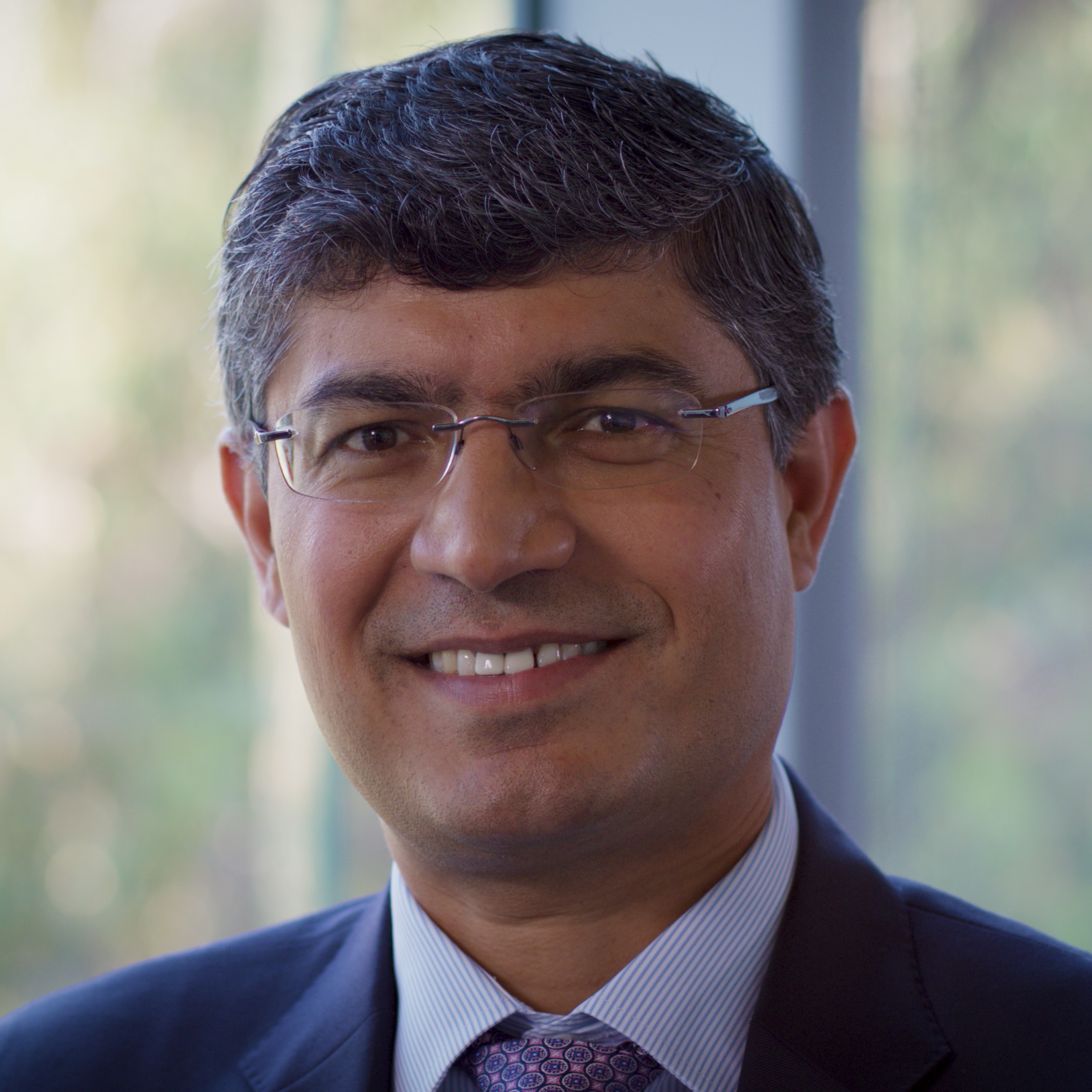Article
CNN Deems October National Bullying Prevention Month
Author(s):
Bullying and cyber-bullying has been a hot topic in the last few weeks as several high-profile cases have been reported on, and many with tragic results.
Bullying and cyber-bullying has been a hot topic in the last few weeks as several high-profile cases have been reported on, and many with tragic results.
On September 9, Billy Lucas, a 15-year old student at Greensburg High School in Indiana took his own life after fellow classmates said he was bullied for “being different.” Although he never told his classmates he was gay, many suspected that he was and would constantly yell gay slurs and other derogatory things at him.
On Septmeber 19, 13-year old Seth Walsh hung himself in a tree in his backyard, finally giving into the demons he was battling due to constant teasing and bullying about his sexuality. After lingering on life support for a week, Seth Walsh died in a hospital.
On September 22, Rutgers student Tyler Clementi jumped of the George Washington Bridge to his death after his roommate placed a camera in his dorm room and streamed his sexual encounter online.
A day later, 13-year old gay teen Asher Brown, who had been tormented daily at his school, shot and killed himself.
The obvious common thread here is the sexuality of these victims. And the studies that have followed these terrible events do show that lesbian, gay, bisexual and transgender (LGBT) young people do in fact have more mental health problems than their heterosexual counterparts. One study that examined the school-related experiences of 245 LGBT young adults ages 21-25 actually found that LGBT young adults reported higher levels of depression and decreased life satisfaction. But if there is one positive from the tragedies of Clementi and Brown, it’s that they have shone the light on just how psychologically tormenting bullying can be, regardless of sexuality. The advent of the Internet/digital age has only exacerbated the problem, as nasty blog postings, Twitter updates, Facebook postings, video, etc are provide more avenues for bullies to mentally abuse victims.
Even worse, it seems as though a wide range of ages can be affected by bullying, from college students like Clementi to youths as young as 10 years old. In fact, CNN recently provided some troubling statistics about bullying in youngsters:
One in five youths between age 10 and 18 have been a victim of cyberbullying or participated in it, according to a survey of 4,400 children conducted by the Cyberbullying Research Center, an organization tracking the internet bullying trend. This figure is conservative, because children are often afraid to come forward to their parents, bullying experts say.
All of the recent media attention has inspired CNN, specifically Anderson Cooper, to rally the media in support of making October National Bullying Prevention Month. In addition to the weeklong coverage that CNN has been providing on bullying, Cooper will be hosting a special Town Hall Meeting to discuss the epidemic that will air Friday, October 8th at 10 PM EST on CNN.
If tragedies like the deaths of Clementi and Brown can result in the raised awareness and education about this bullying epidemic, then their lives will not have been lost in vain.
Around the Web
Bullying, Suicide, Punishment [NY Times]
October is National Bullying Prevention Month [Examiner]
Make It Better: Celebrities & Activists Rally Against Gay Bullying [Huffington Post]





